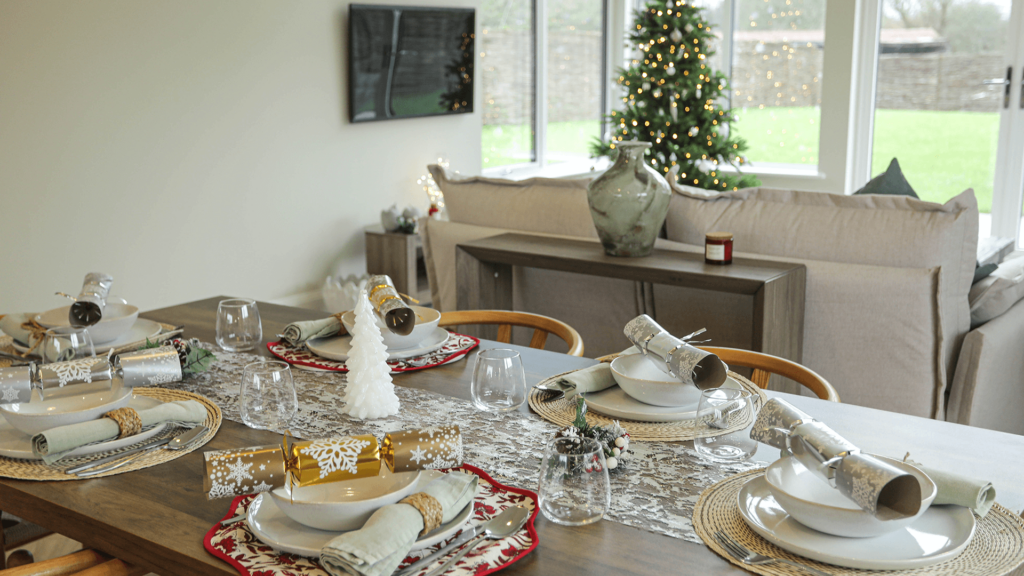Should I Downsize My Home For Retirement?
21-05-2021 Blog
Downsizing is the process of moving into a smaller property, and it is common practice for those who are entering retirement. This article will go over some of the things to consider if you are looking to downsize.
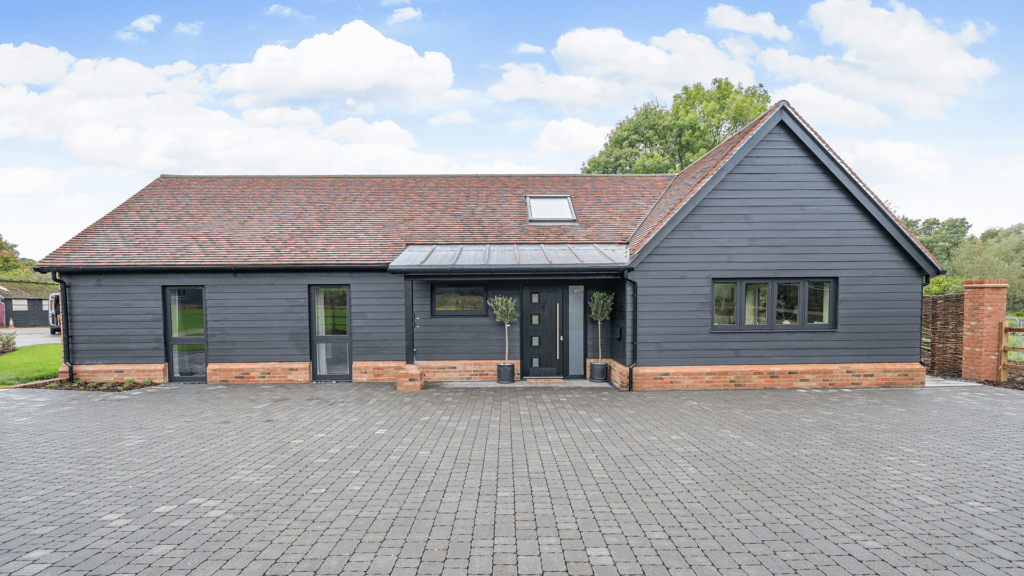
Space
A key question you should be asking yourself is whether you actually need all the space you have at your current residence. Big houses and gardens require a lot of maintenance, if you have rooms which haven’t been used in years then it can be a waste of time and money having them.
A common reason for having excess space can be explained by six words no parent wants to accept: “Your children are all grown up”. If you have children who are now beginning to move out or have already done so, chances are that they have left behind a bedroom or two. These rooms are always nice to preserve for sentimental value and when they come to visit, but as your children grow older and get homes of their own, it might be time to move on to a new home that suits your needs, and a new chapter in your life.
Having a smaller property with less space certainly makes things easier to manage, allowing you to maintain independent living. Moving to a property with less space also means that you may need to get rid of some items which you will no longer need. This can evoke a lovely trip down memory lane, especially if you are going through old possessions like toys and school photos. Naturally, you will want to keep a lot of your belongings, so if you are struggling to declutter, consider passing things on to your children if you have them, or donating to charity.
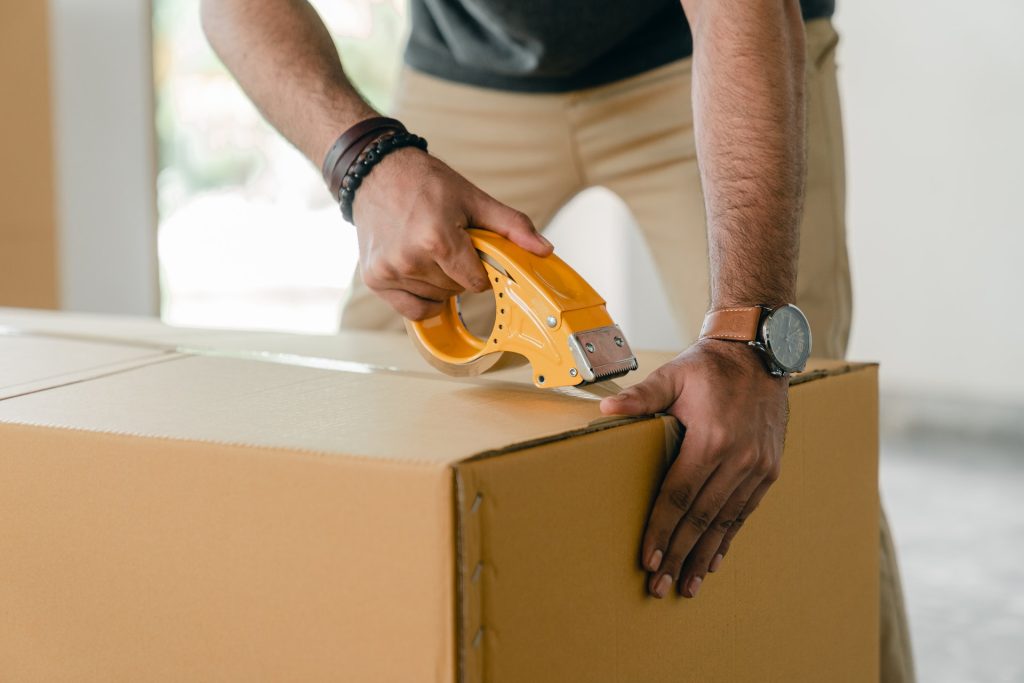
Costs
If you are living at a bigger property than necessary, you are spending more than necessary. Downsizing can lead to cheaper maintenance of the house, cheaper council tax, cheaper bills… the list of savings you can make is immense. Additionally, if you are retired then you are no longer actively earning, so you will have a rough picture of your finances and can look to budget for the future, perhaps using your pension too.
If you’ve been in your current home a while it’s also likely to have increased in value, and you may be near to paying off your mortgage, if not having paid it off completely. Buying a smaller, cheaper property will give you a lot of equity left over, to use for whatever you wish (including holidays!). It also means you can buy your new home as a cash buyer, giving you more options, a quicker buying chain and the ability to live mortgage free.

Mobility
As we age, we need to look after our bodies. You should evaluate whether your current home will be able to meet your needs if you have mobility issues, whether you have them now or if you are thinking for the future. Factors to consider include:
- Ease of access to different rooms. If there are small steps or ramps, you should be careful and possibly consider these as potential trip hazards. Are the doorways wide enough if you were to require a wheelchair or Zimmer frame?
- Stairs. Could you fit a chairlift in, or is opting for a bungalow a wiser option?
- Assistance. Can you install extra handles or assistors for your bathroom and living space?
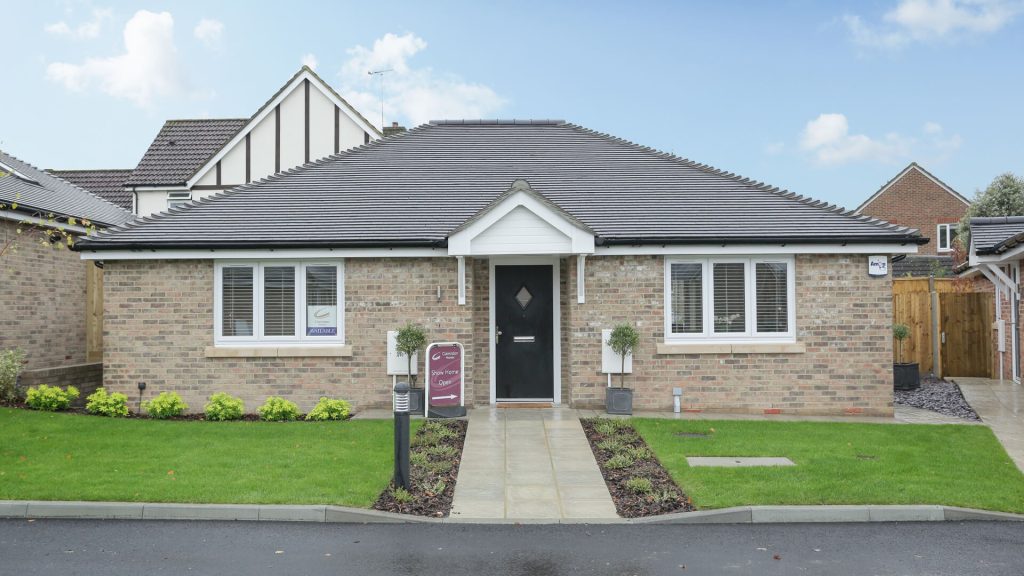
Take your time
If you are in a relatively stable financial situation and in good health, you should take your time when considering if downsizing is right for you. Moving homes later in life is difficult, so ensure you do your research into finding the right home for you in the long term. It is also a good idea to take advice from family and friends who are looking out for your wellbeing when looking downsize.
Additionally, you definitely should not look at downsizing as a negative! Although it is likely to signal the end of an era, it brings with it an exciting new chapter for the future. You’ll have time in retirement to do whatever you please, so enjoy it!

Other things to consider when downsizing
- Location. Downsizing brings a chance to move to a more favourable location, perhaps nearer to your family and friends. Also consider the available amenities nearby.
- Home workspace needs. Even when in retirement, it can be handy to have space for a desk if you take up a hobby which requires one, for example art, sudokus or puzzles.
- Future visitors. Consider a spare room where family or friends can stay overnight.
- Your storage needs. Decluttering can be a nightmare, pass on belongings to children if you have them, or consider donating to charity. Work one room at a time to avoid being overwhelmed.
- Your financial needs. Evaluate how much money you will get from your current home, as well as other sources like savings and pensions. Use this as a basis on where you can afford to downsize to.
- Costs. There are still important costs to consider when downsizing, just as there are with any property purchase. A few of these include estate agent fees for the property you are selling, conveyancing costs, home buyers surveys and removals costs.
- Do I require extra care? Think about the long term, it may not be essential right now but in five years you might need assisted living.
Cobnut Park
If you are interested in downsizing to a new build bungalow within Kent for retirement, you should consider something like our Cobnut Park development.
Cobnut Park is a peaceful extra care retirement village located in Boughton Monchelsea. This development was designed for over 55s who are looking to settle down in a likeminded community with the availability of assisted living, while also being able to maintain their independence.
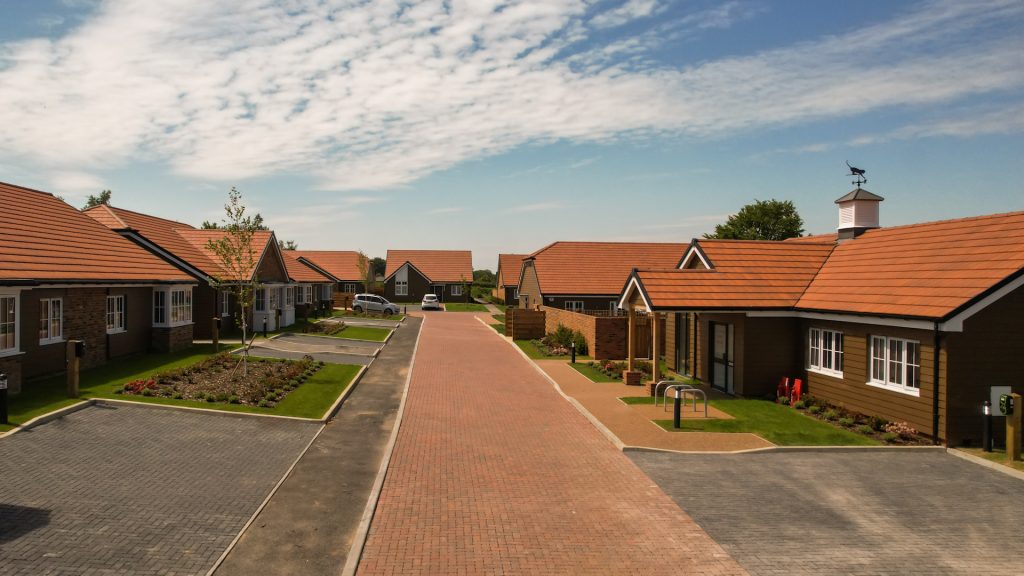
Got any questions or feedback on the blog? Or maybe a topic you would like to be covered in a future blog? Email caitlin.willis@clarendonhomes.co.uk today, I would love to hear from you!
If you want to learn more about the luxury properties which Clarendon Homes provide, have a look at our developments and sign up to our newsletter to be kept in the loop with everything Clarendon.

